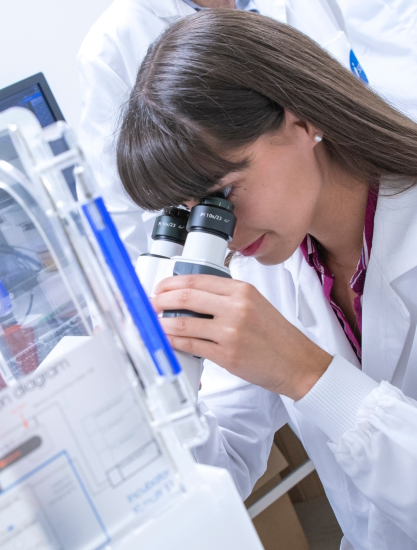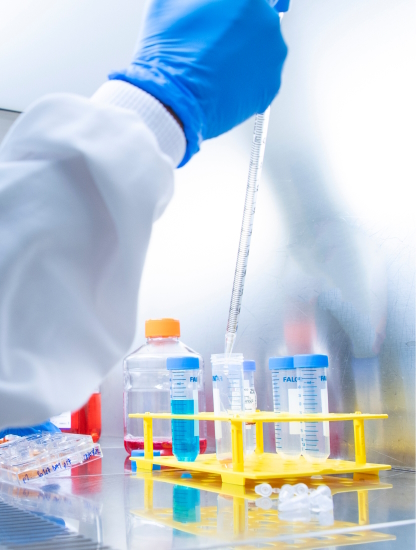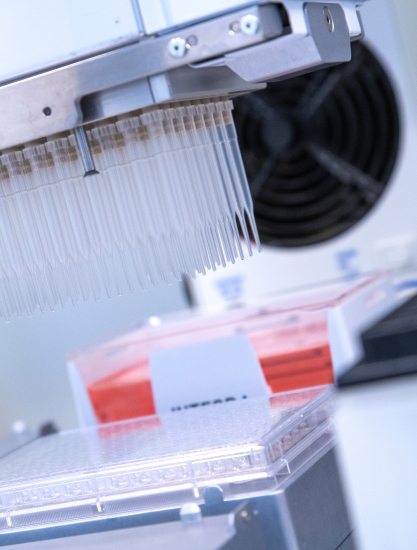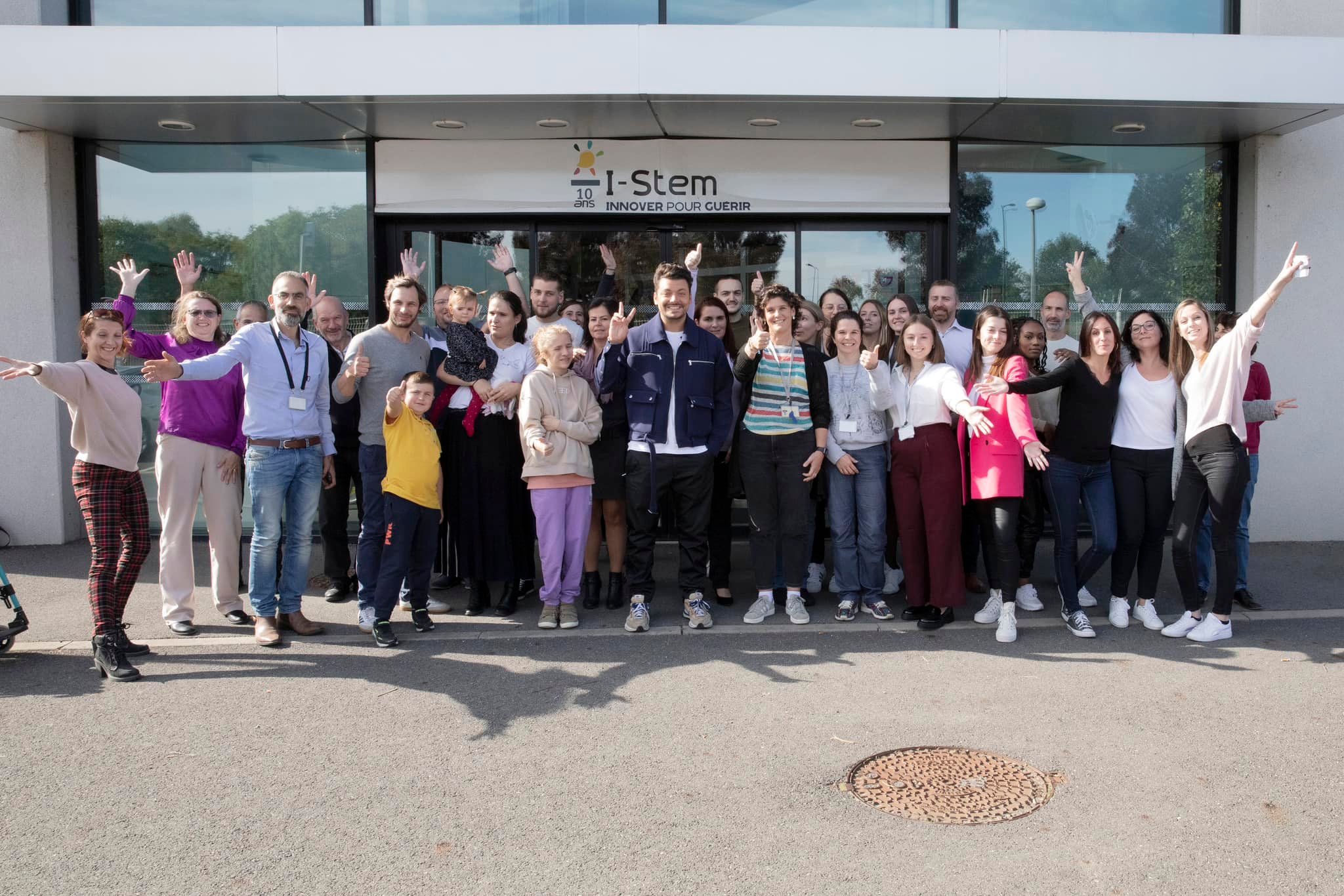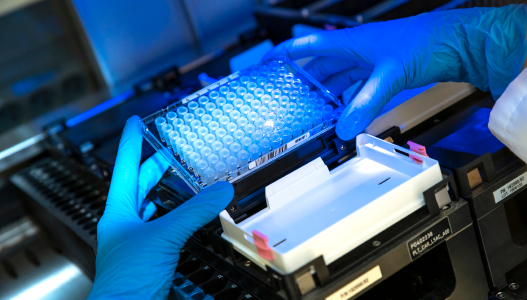In 2024, advancing research on rare and ultra-rare monogenic diseases requires the mobilization of significant human and technological resources. Within I-Stem, we are all mobilized around this common objective.
80
Between scientists and support functions, 80 people currently work at I-Stem.
Teams at the service of ambitious therapeutic objectives
Reasearch
teams
I-Stem brings together within its research teams the expertise and know-how of researchers, teacher-researchers, engineers and technicians. Retinopathies, genodermatoses, Limb-girdle muscular dystrophies, neuromuscular diseases & Myelinated fibers are part of our main scientific themes.
Triails
clinics
Clinical trials are a crucial step in the development of treatments for any pathology. I-Stem is the sponsor of several trials and supports others through partnerships.
stemCARE
Technology plateform
Excellent research requires state-of-the-art equipment. I-Stem is equipped with technological platforms allowing its research teams to optimize their fundamental, pre-clinical and clinical research projects.
